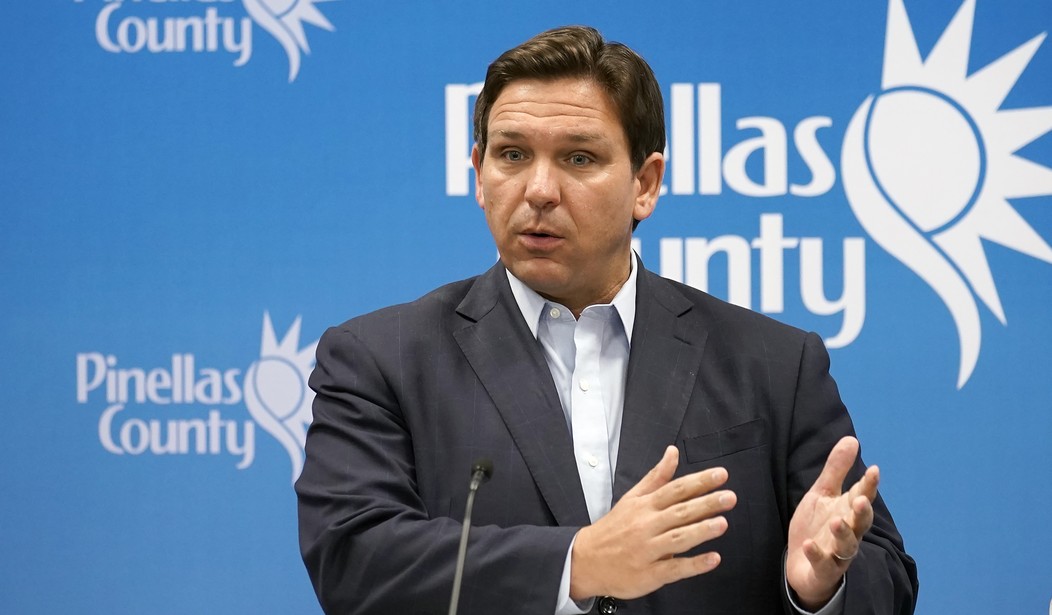Last August, we dug into the story of how an election security office established in Florida by Governor Ron DeSantis had identified and charged twenty people who were accused of voter fraud in the 2020 election. It was a complicated story that seemed to speak more to inefficiencies in the state’s electoral process than any sort of subversive effort to commit fraud. Some of the cases were later dismissed due to technicalities involving questions of which county brought the charges. But this week, the first of the twenty cases made its way into a Tampa courtroom and was heard by a jury. Given all of the headlines these stories were generating and the controversial nature of the charges, the whole thing was over in a shockingly short time. A jury was selected and seated on Monday. The trial began on Tuesday morning and the jury came back with a pair of verdicts by that evening. Nathan Hart, 49, was convicted of false affirmation because he registered to vote, but he was found not guilty of “voting as an unqualified elector,” the actual voter fraud charge. (Tampa Bay Times)
The trial of the first of about 20 people to be arrested in Florida on charges that they committed voter fraud by casting a ballot in the 2020 presidential election ended with a split verdict in a Tampa courtroom Tuesday night.
Nathan Hart, 49, was arrested in August as part of a sweep announced by Florida Gov. Ron DeSantis. It was the first such move since DeSantis had established a unit to investigate voter fraud after the 2020 election despite little evidence that widespread fraud at the ballot had been occurring in Florida.
Hart had voted in the 2020 election despite a previous felony conviction in relation to a charge of lewd or lascivious molestation, which made him ineligible to vote.
The judge set the sentencing date for a few weeks from now on February 27. Hart will have the opportunity to appeal and probably stands a fairly good chance of prevailing.
That doesn’t rule out the possibility that he may still be given a sentence that includes some jail time. Hart was offered two different plea deals that would have avoided a trial. The first would have given him two years of probation and the second would have let him off with time served. He turned both of those down, and judges tend to throw the book a bit harder at defendants who reject a seemingly generous offer and make the public pay the expenses for a trial by jury.
In the end, the jury’s decision seemed to come down to a question of intent. The prosecution failed to prove that Nathan Hart knew he was voting illegally and he had a voter registration card to back him up. But if that was the case, how did the jury rationalize convicting him of false affirmation? He had been told by some unnamed person that he was eligible to have his voting rights restored and he apparently believed them, so he went and registered. And the state didn’t catch the error and added him back to the voting rolls.
That seeming incongruity is what leads me to believe he could still win this on appeal. And the fact that the prosecution failed to secure a conviction on the more serious charge of fraudulently voting doesn’t bode well for the remainder of the twenty cases that haven’t already been dismissed.
There is still a bright side to all of this, however, no matter how it turns out. These cases have exposed some significant shortcomings in Florida’s voter registration process and voting laws. And whether it was intentional or not, there were people voting illegally in the state. Now that those flaws have been exposed to the sunlight, the state can take steps to tighten up the system and ensure this doesn’t happen again.








Join the conversation as a VIP Member